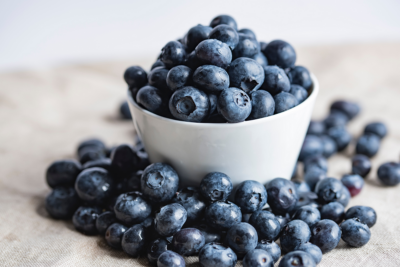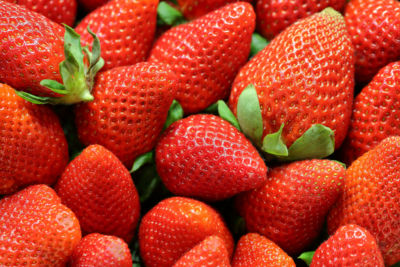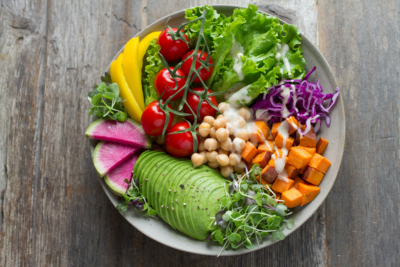Trying to protect your garden from little visitors can be difficult, with many people sadly reaching for shop-bought solutions to deter them. But, as lots of these are filled with poisonous and harmful toxins, we all should be thinking about a more humane option.
We spoke to Nicky Roeber, the Online Horticultural Expert at Wyevale Garden Centres, to find out some of his recommended friendly ways to deal with garden pests.
When you put time and effort into making your garden look great, the last thing you want is someone small and hungry coming along to nibble and trample their way through it. There are plenty of manufactured products available to stop them, but many are inhumane or contain harmful chemicals, so it’s time to begin thinking of animal- and environment-friendly alternatives.
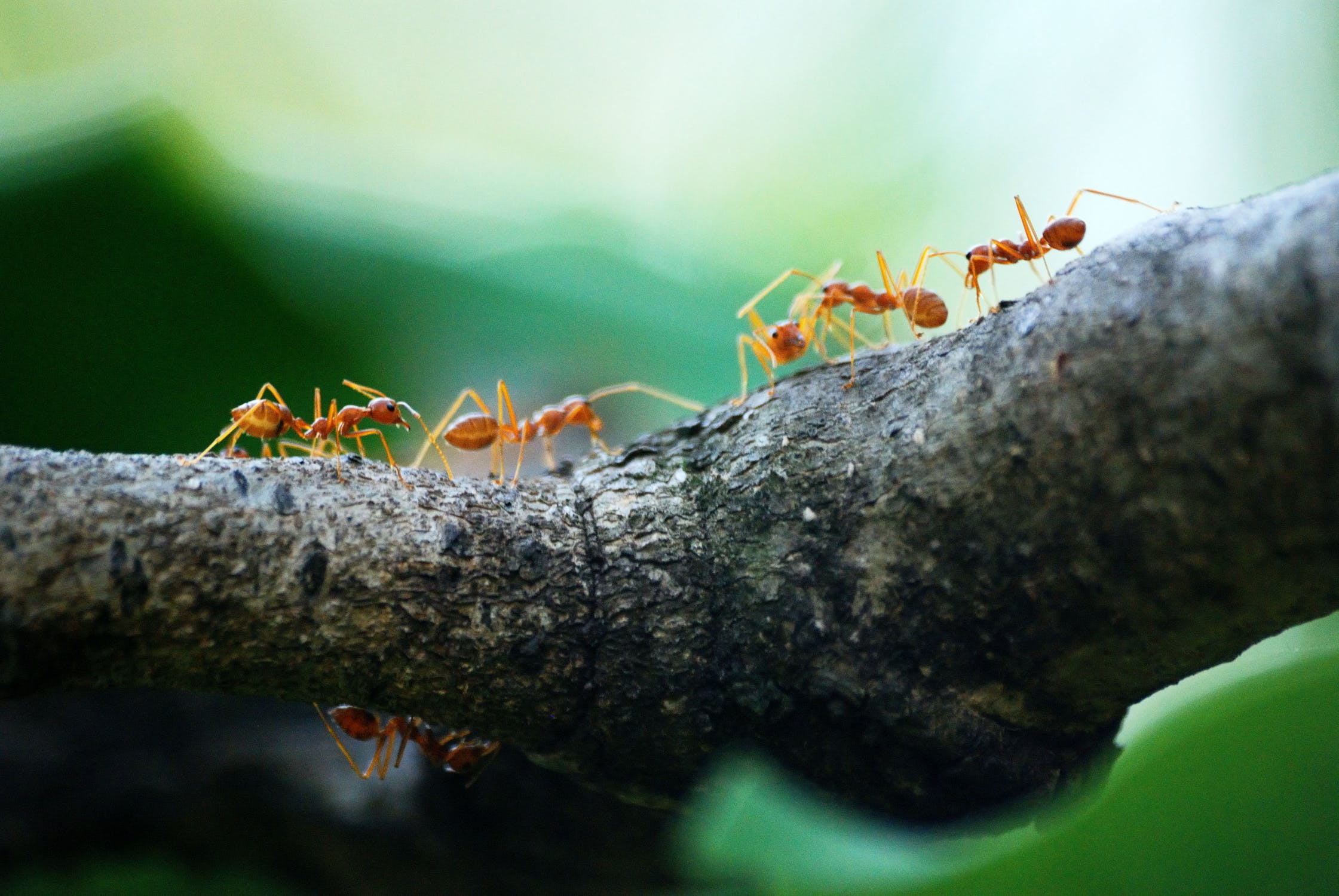
Ants
Ants are among some of the most difficult ‘pests’ to get rid of as they live in colonies and, as they’re so small they can also be hard to spot. Although ants can be beneficial to your garden in some ways, such as aerating the soil and speeding up the decomposition process, they can also cause a few problems. Their nest building, for example, can disturb plant roots while burying your plants in the process.
Ants stay together by releasing pheromones — chemical signals which alert them to the route they’re following — so intercepting this can divert them away from your plants. Ants are easily deterred by strong smells so white vinegar or essential oils like peppermint are perfect for keeping your plants flourishing. Just create a solution of water and a strong scented oil and spray this liberally around your garden paths.
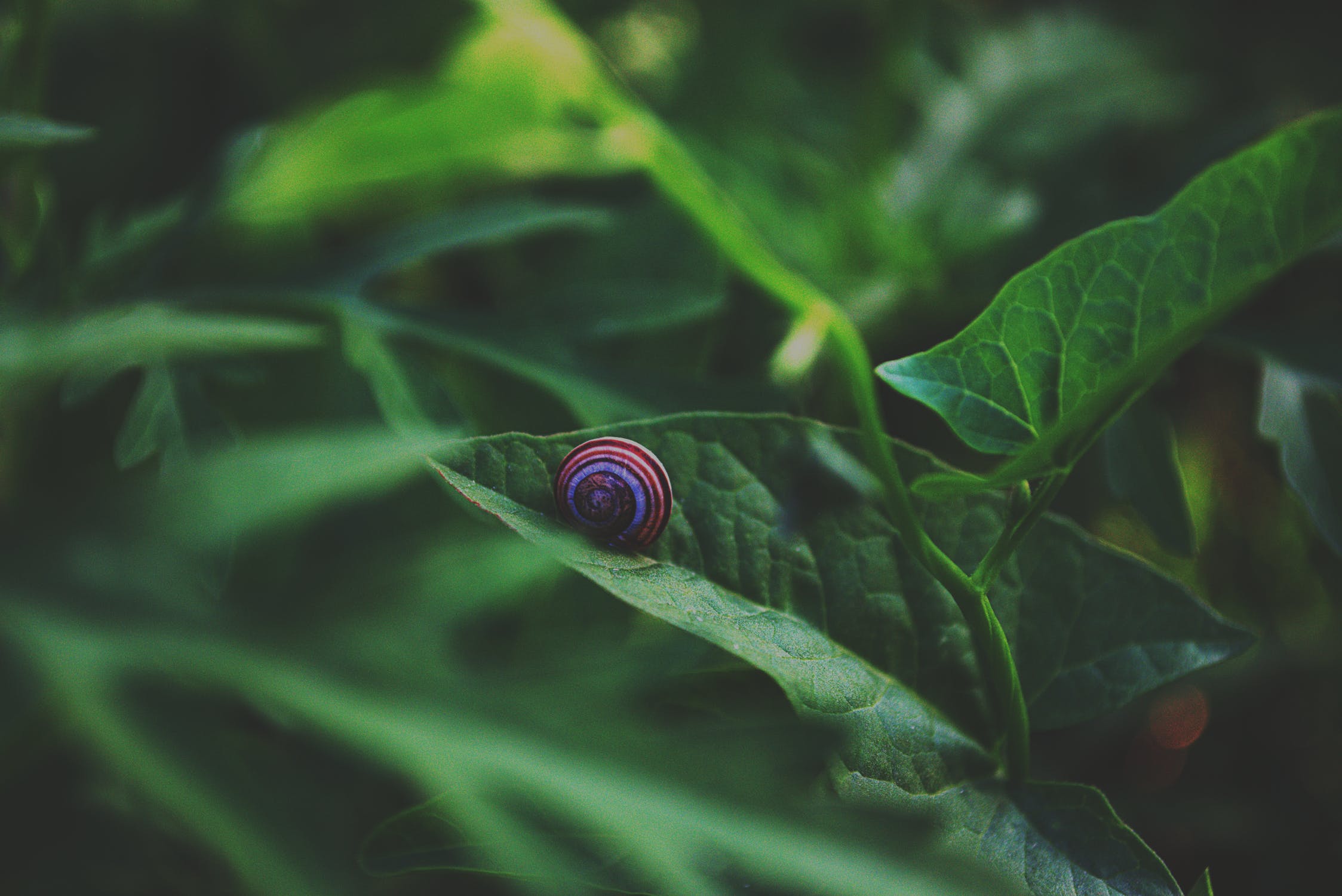
Slugs and Snails
Although slugs and snails seem to cause more damage than good to your plants and flowers, it’s still important to take care when removing them from our gardens. Instead of spraying your plants with chemical-filled repellents, which can harm both wildlife and the yield of your fruit and vegetable crops, why not deter them by planting things they don’t like to eat? Mint, lavender, basil and garlic will all be effective in keeping these pests away from your beautiful flowers and shrubs due to their strong scents. Additionally, any plants with rigid leaves will be less appealing to them, as will areas without clutter for them to take shelter under. Alternatively, you could try growing your fruit and vegetables on raised beds to ensure they are out of easy reach.
Often, we blame slugs and snails for damage done by other garden visitors, so keep an eye out for mucus trail, and then you’ll know!
Moles
Moles really dislike the smell of daffodils and marigolds so consider planting these around the perimeter of your garden. Not only will these make it less likely that moles will want to be around your outdoor space, but they will also add beautiful bursts of colour to your garden, too.
Alternatively, burying mesh barriers underneath the perimeter of your lawn will obstruct the moles paths so they won’t be able to tunnel in and damage your grass. Although this can be timely, it can prevent moles being able to get under your lawn in the first place.
There are also sonic repellents available for gardens and these seem to have a good success rate.
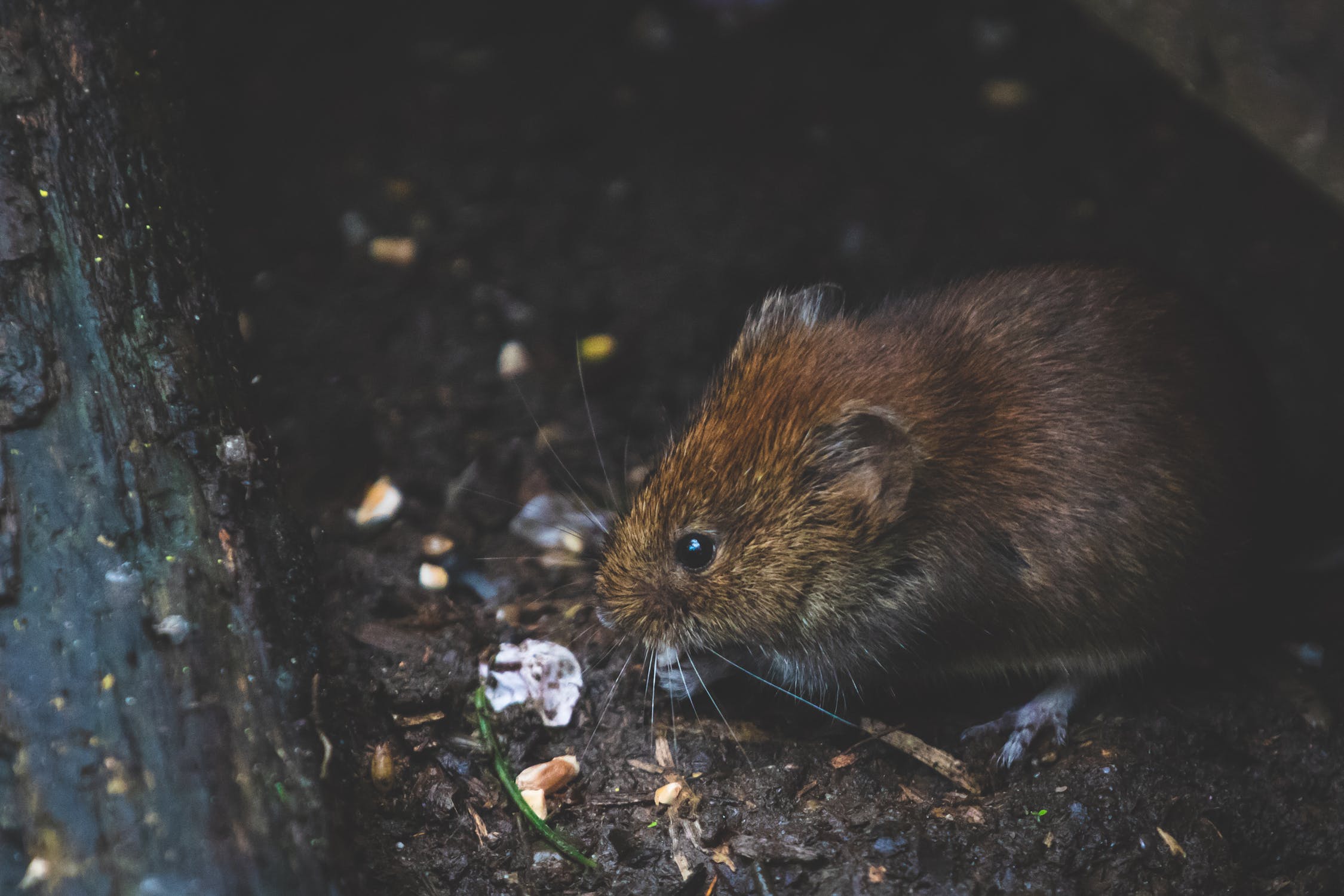
Rats and Mice
Rats and mice can be a common problem in many gardens and can cause a lot of bother to your lawn, as well as any fruit and vegetables you’re growing. Luckily, there are plenty of humane ways you can deter these little creatures from finding their way to your plants.
Most importantly, keeping your garden clean and tidy and free of wood clippings and fallen fruits is key. You can do this by not leaving loose binbags of rubbish around and keeping compost bins sealed with a lid, as well as ensuring your bird seed is kept in a feeder that only birds can get into. Similar to many other garden visitors, rats and mice also detest the strong smell of peppermint so try soaking some cotton balls in a pure peppermint oil and placing them sporadically around your garden. As these will dry out reasonably quickly, be sure to keep this topped up at least twice a week for the most effective results.
Protecting your garden doesn’t have to include harmful traps and pesticides. Instead, try my top tips for more humane ways of preserving your plants, lawn and flowers.
Nicky Roeber is the Online Horticultural Expert at Wyevale Garden Centres. He has been passionate about gardening since he was a child and has been involved with the horticultural industry for many years, even creating one of the field’s first retail websites. Taking any opportunity he can to be near wildlife and plants, Nicky is always looking for more eco- and animal-friendly ways of doing things in the garden.
Feeling inspired? Come and join the Veganuary fun and try vegan with us!





